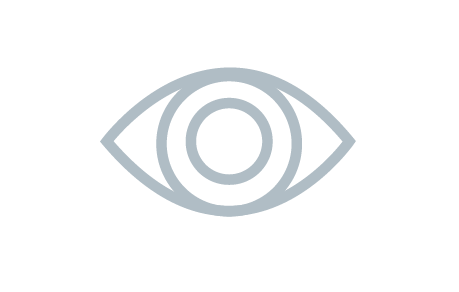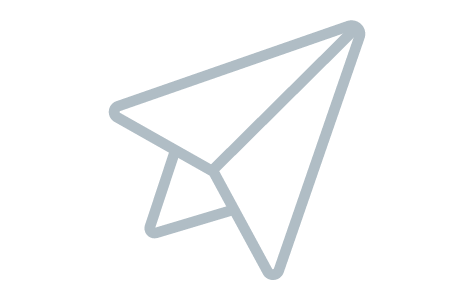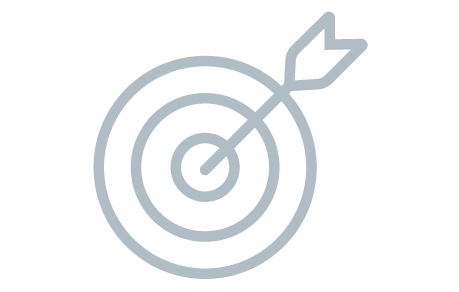Introduction
The Kingdom of Saudi Arabia has an increased demand for medical services in both government and private sectors. As an integral part of the Prince Sultan Military College of Health Sciences (PSMCHS) the academic program provides a high-quality specialist education with crucial learning skills to enable graduates to accomplish various specialist services in health-care facilities. More importantly to participate in the sustainable development of the society through the graduates ‘professional, technical, communicational and team-work competencies. The BMT program reflects the increasing importance of the field of Biomedical Technology in the development plans of the health sector in the Kingdom of Saudi Arabia. The BMT program focuses on career a professional accomplishments of the graduates. It includes the major jobs that graduates are prepared for, professional contributions and developments as well as caring and serving the society. BMT graduates will indirectly contribute to create a safe environment and achieve the highest safety standards that improve the quality of life for patients in the country by their professional practice in securing, maintaining and improving healthcare equipment and environment.
About the program
About the program
The BMT program focuses on career and professional accomplishments of the graduates. It includes the major jobs that graduates are prepared for, professional contributions and developments as well as caring and serving the society. BMT graduates will indirectly contribute to the future health and well-being of the patients in the country by their professional practice in securing, maintaining and improving healthcare equipment and environment.
As an integral part of the Prince Sultan Military College of Health Sciences (PSMCHS) the academic program provides a high-quality specialist education with crucial learning skills to enable graduates to accomplish various specialist services in health-care facilities. More importantly to participate in the sustainable development of the society through the graduates’ professional, technical, communicational and team-work competencies. The BMT program reflects the increasing importance of the field of Biomedical Technology in the development plans of the health sector in the Kingdom of Saudi Arabia.












